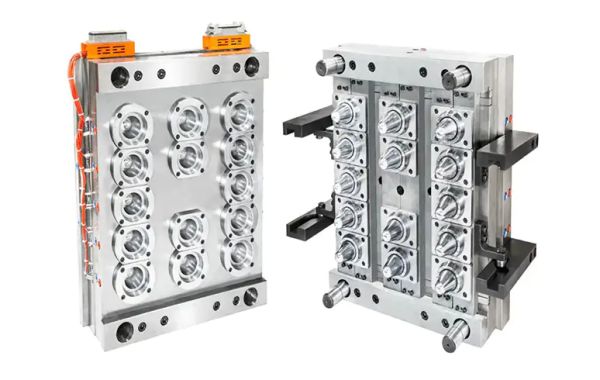PET bottle blanks offer significant economic benefits to manufacturers and consumers alike. These benefits stem from the cost-effectiveness, efficiency, and versatility of PET as a packaging material.
One of the primary economic advantages of PET bottle blanks is their cost-effectiveness. PET is relatively inexpensive to produce compared to other packaging materials like glass or aluminum. This affordability makes it an attractive choice for manufacturers, particularly those in the beverage industry, where packaging costs can significantly impact overall production expenses.
The efficiency of the manufacturing process for PET bottle blanks also contributes to their economic appeal. The process is highly automated, allowing for large-scale production with minimal labor costs. Advances in injection and blow molding technologies have further increased production speeds and reduced energy consumption, leading to lower operational costs.
Versatility is another economic benefit of PET bottle blanks. They can be easily molded into various shapes and sizes, enabling manufacturers to produce a wide range of products without significant changes to their production lines. This flexibility reduces the need for specialized equipment and allows companies to quickly adapt to market demands and consumer preferences.
PET bottle blanks also contribute to cost savings through their lightweight nature. Lighter bottles reduce transportation costs, as more bottles can be transported at once, and fuel consumption is lowered. This is particularly important for global supply chains, where shipping costs can be a significant expense.
Recycling is another economic aspect where PET bottle blanks excel. The recycling process for PET is well-established, and many facilities can handle large volumes of PET waste. Using recycled PET (rPET) in production reduces the need for virgin materials, lowering material costs. Additionally, many consumers and businesses are willing to pay a premium for products made with recycled content, providing an economic incentive for manufacturers to use rPET.
In conclusion, PET bottle blanks offer numerous economic benefits, including cost-effectiveness, manufacturing efficiency, versatility, and cost savings in transportation and recycling. These advantages make PET an ideal material for a wide range of applications, contributing to the growth and sustainability of the packaging industry.







